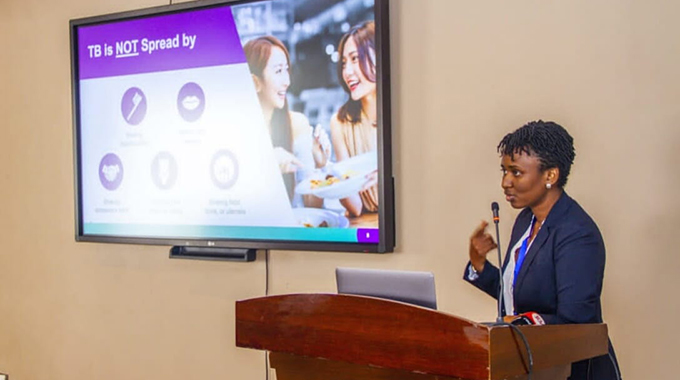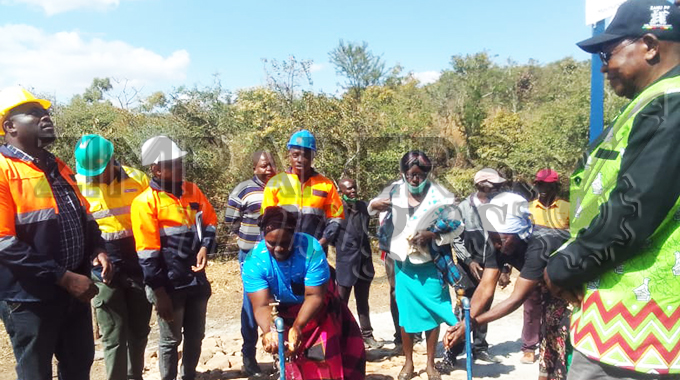More investment required into TB related issues

Rumbidzayi Zinyuke Recently in Dar es Salem, Tanzania
Limited investment into screening and treatment of tuberculosis (TB) by African countries has negatively impacted on the continent’s ability to achieve the UN goal of ending TB by 2030.
According to East, Central and Southern African Health Community (ECSA-HC) family health and infectious disease cluster senior programme officer Dr Miriam Urasa, African Governments continue to rely on donor funding to finance TB programmes, with very little domestic funding being channelled towards TB.
She was addressing journalists at a sensitisation workshop being held in Dar es Salaam last week, to enhance informed reporting on Tuberculosis related issues including in the mining sector.
“The biggest impediment towards efforts to eradicate TB by 2030 is that we are not investing as much as we should be in TB. We all know what needs to be done for us to eradicate TB but we are not putting in the money or the human resources needed to do this. We only achieved 41 percent of the total investment that was needed to achieve our goals and most of it is unfortunately coming from donors. In so doing, we are letting ourselves down and we are letting our TB patients down,” she said.
Annual investment towards TB prevention, diagnosis, treatment and care needed to reach at least US$ 13 billion by 2022 to achieve the global target agreed at the UN high level-meeting on TB in 2018.
However, close to half of TB-affected households still face costs higher than 20 percent of their household income.
According to available data, an estimated 10 million people fell ill with TB in 2020 worldwide. However, only 5.8 million were detected and notified leaving a gap of 4.1 million.
TB remains the leading cause of death among people living with HIV (PLHIV) who are 20 to 30 times more likely to develop active TB disease than people without HIV.
In 2019, TB accounted for an estimated 30 percent of the 690 000 AIDS-related deaths in the world.
Dr Urasa said TB screening was supposed to start at the point of care at all health facilities to ensure that all cases were identified and minimise those that go unidentified.
“Affected people should be at the heart of the TB/HIV response. The delivery of effective integrated TB/HIV quality care should be targeted within holistic systems for health, and under the umbrella of universal health coverage (UHC), ensuring the most vulnerable are reached and no one is left behind,” she added.
Studies have also shown that there are high chances for miners, ex-miners and communities surrounding them to contract TB owing to exposure to silica dust while carrying out their duties.
Dr Urasa said when people breathe silica dust, they inhale tiny particles of the mineral silica.
“Silicosis and silica dust-associated tuberculosis (TB), in particular, are the two diseases that remain high on the list of occupational health priorities in low-income countries and that still occur in some high-income countries. The prevalence of silica-related TB is exacerbated by the HIV epidemic in low-income countries. Rates can be up to three-fold higher than in those without silicosis,” she said.
The World Health Organisation recommends a collaborative TB/HIV approach to reduce deaths, including actions for prevention and treatment of infection and disease.
ECSA-HC director general Prof Yosua Dambisye said media was a key stakeholder in the fight against TB and encouraged journalists to probe Governments to continuously provide current data on TB to ensure continuity of programmes and outcomes.
“I want to challenge media to put Governments to task to come up with the most up to date data so that the reports that come out of the region on this problem and the report that come out about the contribution of the mining sector to the TB problem are accurate,” he said.
Ending the TB epidemic by 2030 is among the health targets of the United Nations Sustainable Development Goals (SDGs).








Comments